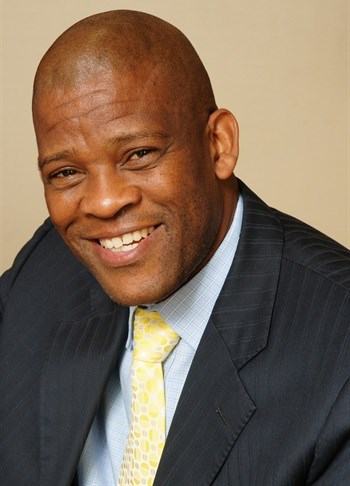
Related





Tourism in flux: Why economics, policy and storytelling will decide who wins
Katie Andrews 21 Oct 2025

Top stories






More news


Marketing & Media
Ads are coming to AI. Does that really have to be such a bad thing?














South Africa also lost market share compared to other sub-Saharan markets according to the same report.
2016 has been better and we look set to recover some of the ground we lost in 2015. But to think this means we can resume business as usual would be a grave error.
The pain that came with the drop in international tourist arrivals last in 2015 and the relief that’s coming with this year’s budding recovery should be the wake-up call to us all. The performance of our businesses is highly vulnerable to the swings in overseas demand for travel to South Africa. And this vulnerability appears unnecessary and self-inflicted, in some respects, when you consider how much untapped demand exists in domestic tourism.
I have spent much of this year speaking about this untapped domestic tourism demand and pleading for a change in how we in tourism think about our target markets. At Attractions Africa in June, I presented research drawn from work by South African Tourism and KayaFM that revealed that only a tiny proportion of South Africans are visiting their own country. Black people in particular, ‘Afropolitans’, as KayaFM calls them, are missing from the domestic tourism market.
The research also affirmed my view that income levels aren’t what keeps black travellers away. Rather, the problem is that the tourism sector has yet to find ways to truly understand and respond to the varied needs of black travellers – all black travellers, not just “black diamonds”, which is an unfortunate label that permeates much of the marketing for durable goods and tourism in South Africa.
We must find ways to broaden domestic tourism’s appeal beyond traditional markets.
In our own sector, there are some wonderful examples of how marketing that responds to the social and economic realities of black potential travellers can grow domestic tourism. There are people who are being innovative and defying stereotypes about black travellers, people like Ntsika Daki, an art director in Cape Town who leads young black people on urban and nature hikes.

Another example is ‘Blacks Do Caravan’, a book written by Fikile Hlatshwayo that recounts how caravanning helped the author cope with depression. As the title suggests, the book argues that there is nothing distinctive to black people that should keep them from the experience of caravanning – a fun, affordable way to travel the country. Rather, the caravanning experience can at times be hostile to black people; for instance, being mistaken for staff at the campsite rather than a traveller.
Offering more opportunities for group travel is another way we can broaden domestic tourism’s appeal and entrench a culture of domestic travel. Church groups, stokvels, study groups and book clubs, for instance, might already be travelling together, or have access to resources to travel, and are just waiting for the tourism sector to offer packages that will enhance their bond as a social group.
So opportunities for growth and diversification do exist, but only if we are willing to see them for what they are. We should leave behind unfounded ideas about what black people do and don’t like, and instead, expand how we structure our offerings to appeal to black potential travellers as well.
The business benefits of diversifying our products and customer pool are obvious. But there is another equally important benefit. In her book, Hlatswayo recounts how her caravanning experience brought her into close social contact with white people and made her realise that we aren’t at all that different.
Campsites, hiking trails, picnic sites, lookout points and other places visited by tourists can become spaces where South Africans come together to heal from the racist ideologies of the past that sought to divide us. And we in the tourism sector have an important role to play in making sure that we appeal to all South Africans to visit such places.